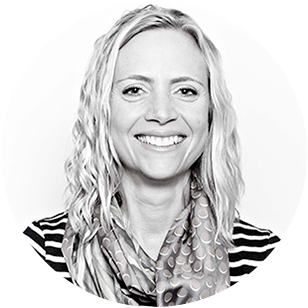To be young and armed in Russia
From Russia, with guns

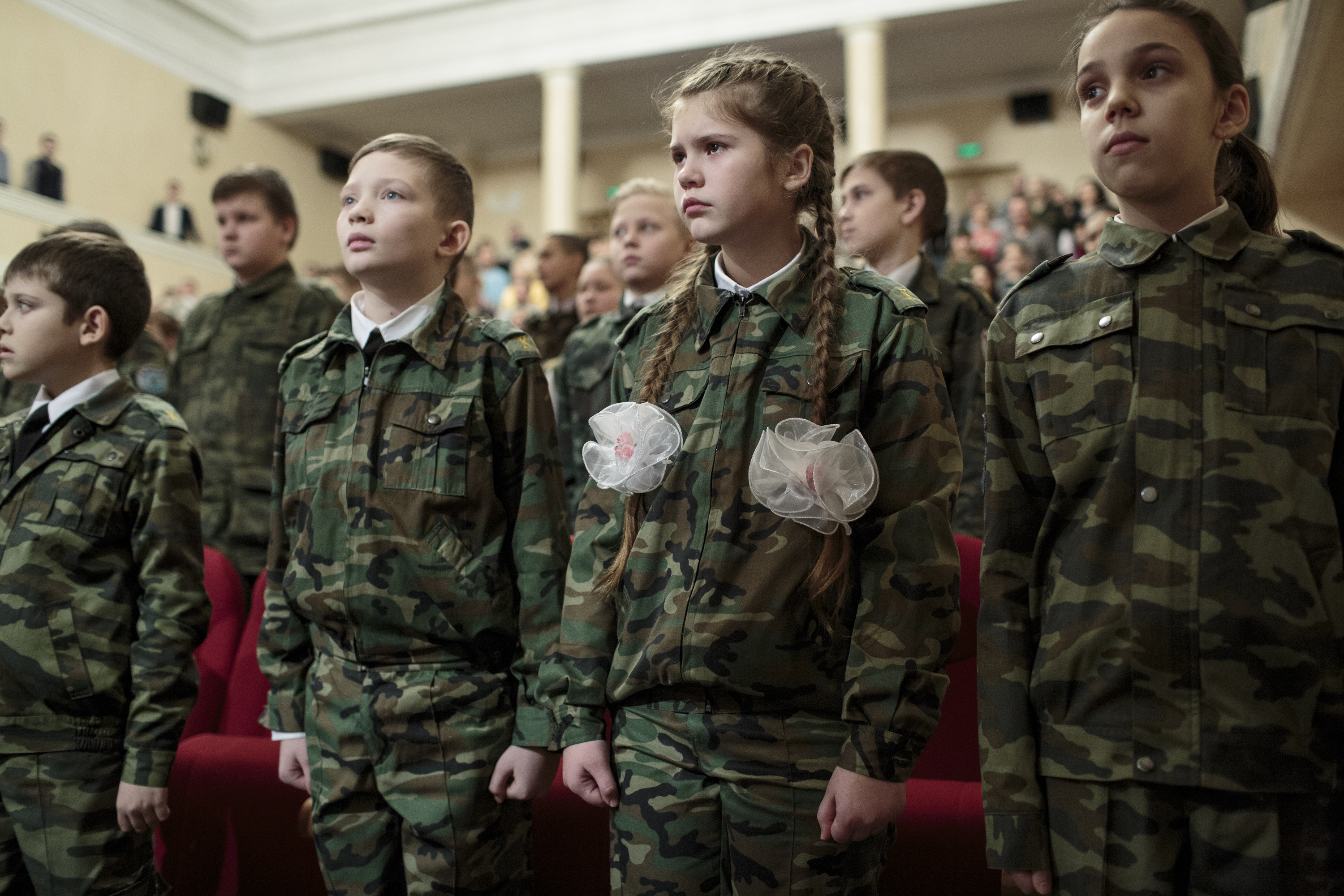
A free daily email with the biggest news stories of the day – and the best features from TheWeek.com
You are now subscribed
Your newsletter sign-up was successful
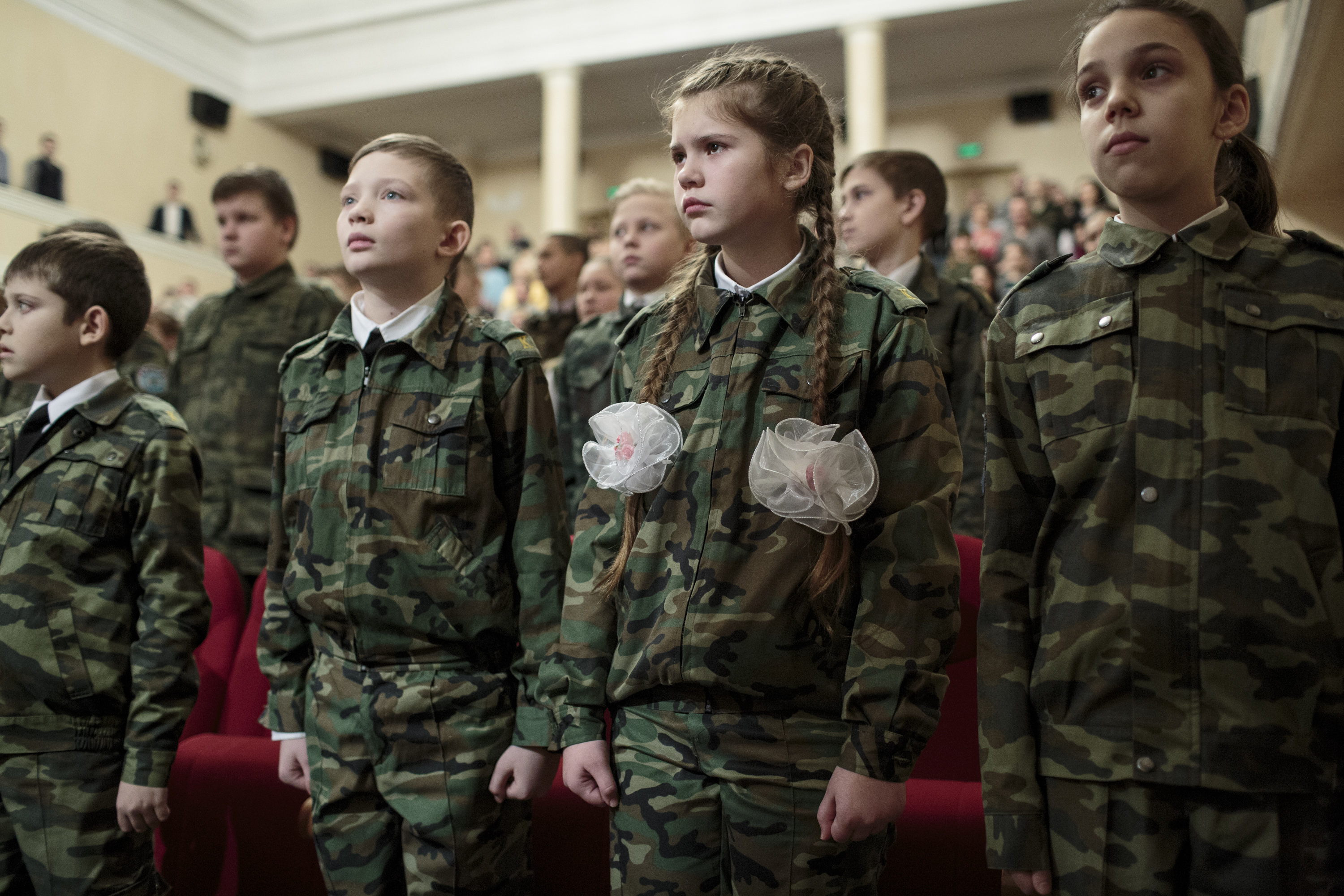
(Sarah Blesener)In 2015, the Russian government proposed a program called the "Patriotic Education of Russian Citizens in 2016-2020," which would invest $34 million in military programs, events, venues, and media for children aged 5 to 17, though some initiatives could start in infancy. The aim is to inspire a sense of civic responsibility and a preparedness to defend the motherland.In April 2016, American photojournalist Sarah Blesener traveled to Russia to see it for herself."My first shot there was these kids in complete full-body biohazard suits," she said, describing a visit to a public school offering military courses where young students could be seen loading and unloading AK-47s."Because youth are easy targets for new ideologies," Blesener later wrote, "I have [focused] my work on clubs, camps, and alternative youth groups that combine patriotic education and gun training with a mix of fun that makes the whole experience seem like a game."
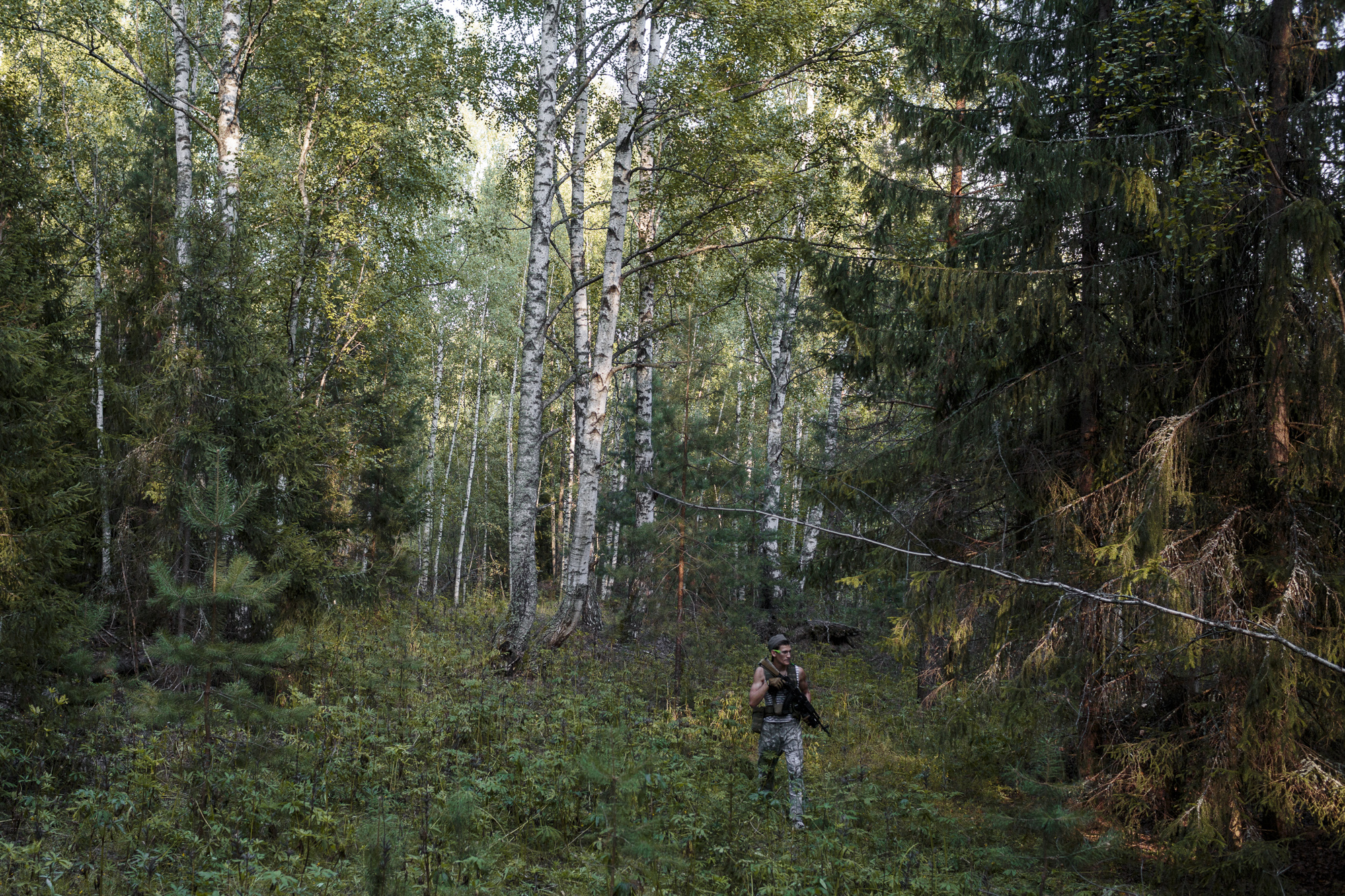
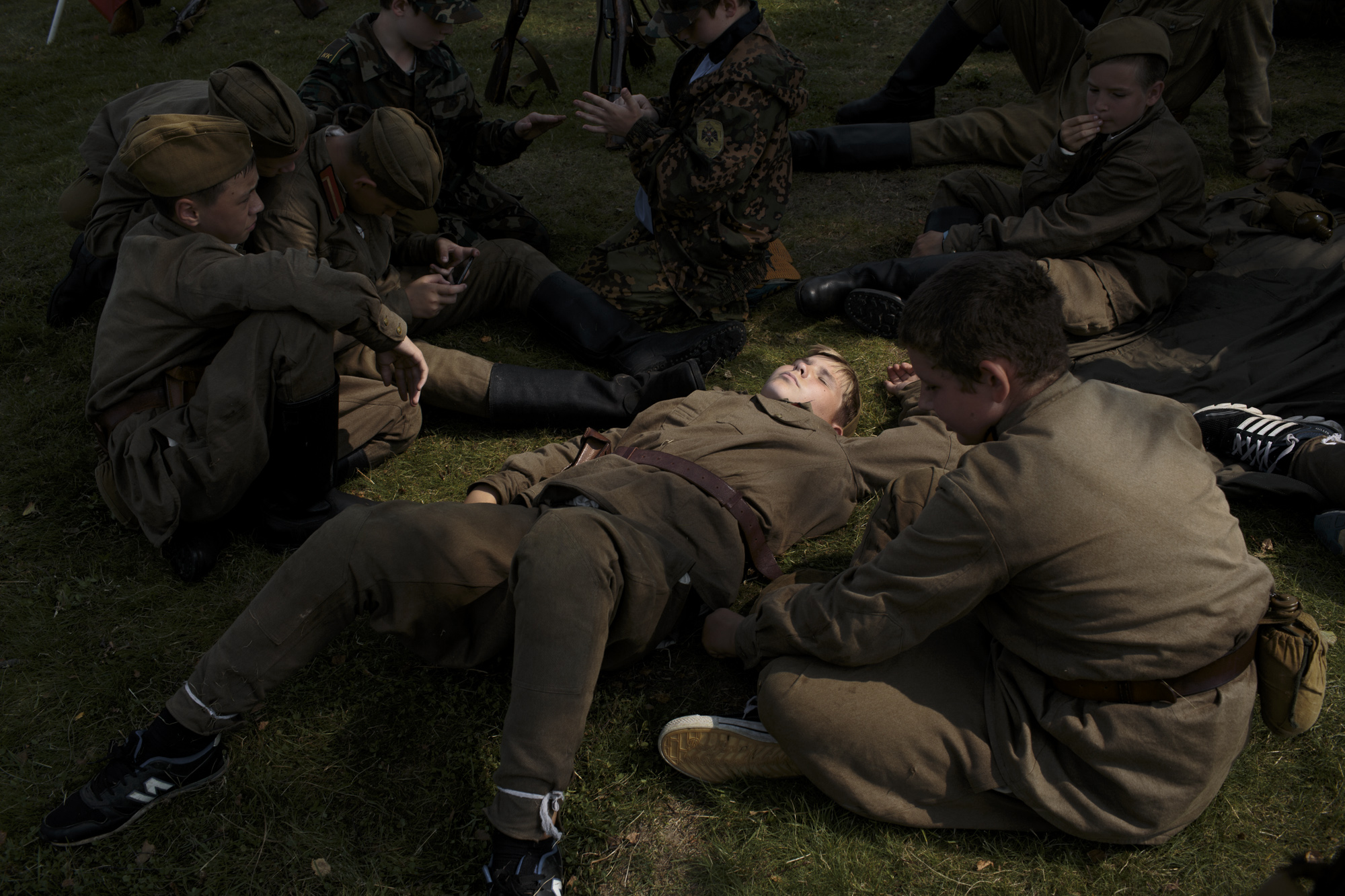
(Sarah Blesener)Blesener found not only a fervent youthful patriotism that sometimes bordered on nationalism, but also kids just being kids. That became the driving narrative of her series, Toy Soldiers.Blesener has a delicately cinematic touch. Her camera lens works from behind or above — looking beyond the incongruousness of kids carrying automatic weapons — sneaking up on those instances when the young soldiers dissolve into a fit of giggles."I wanted to find those moments that speak to the poetics of youth, identity, adolescence, and community," she said.
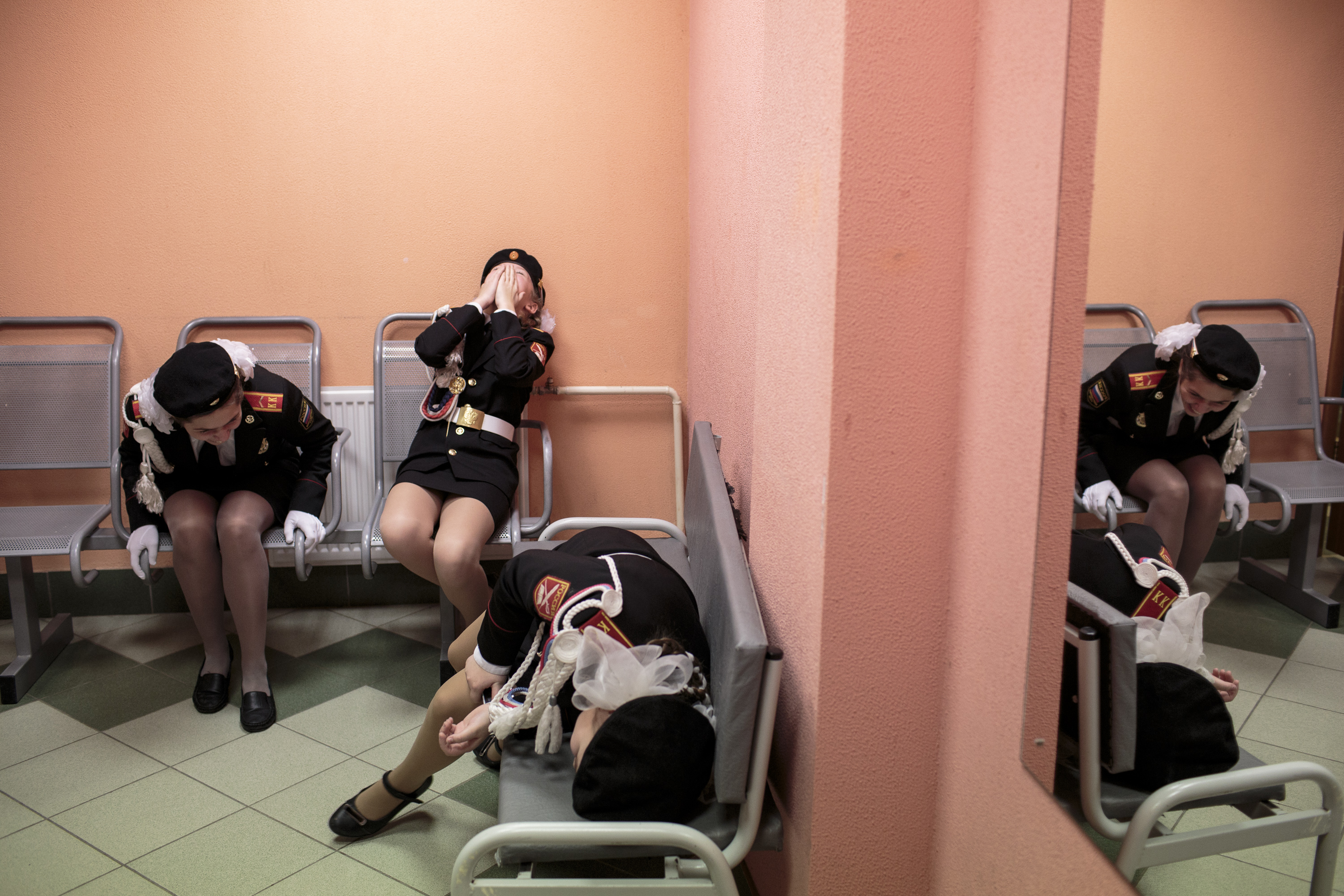
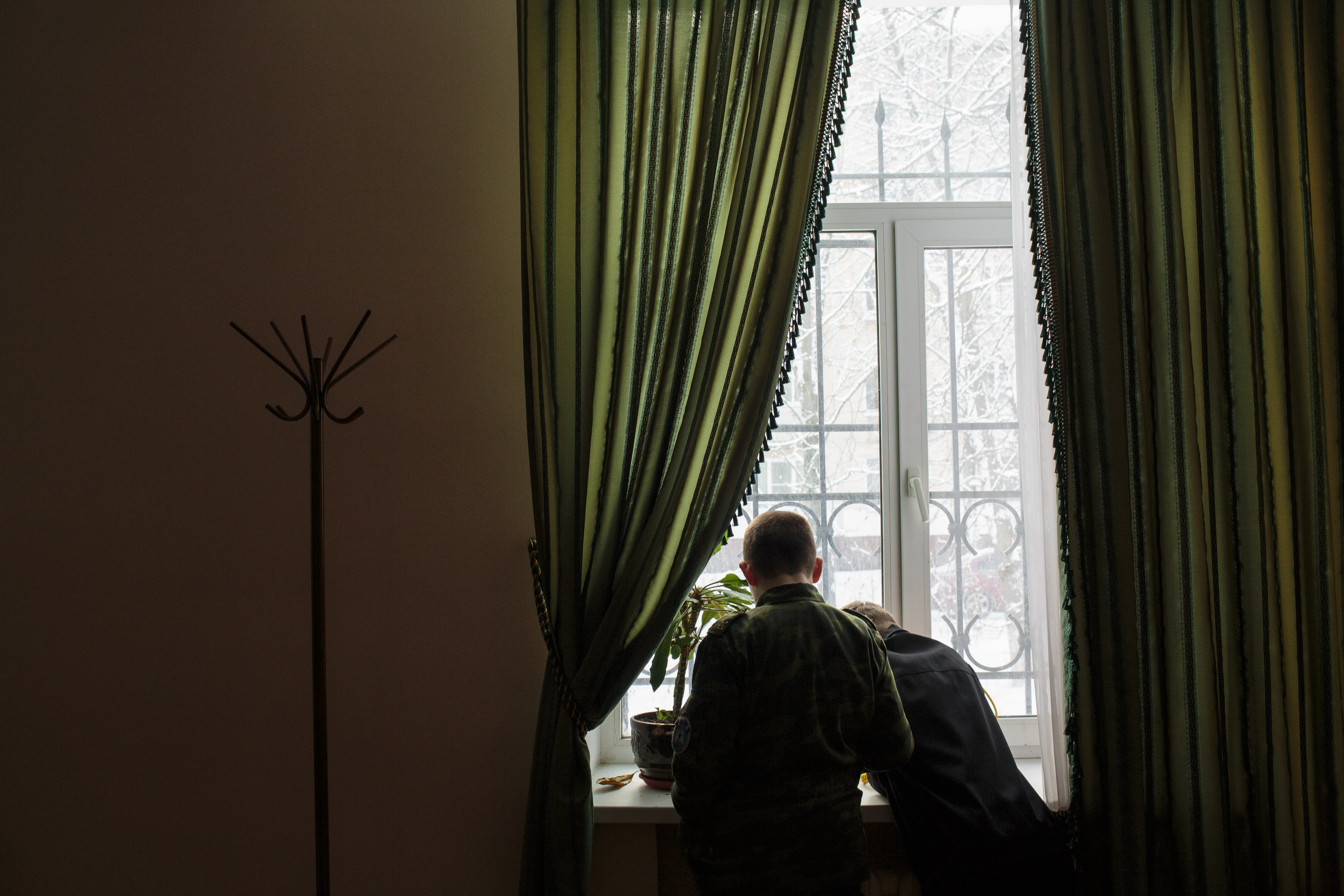
(Sarah Blesener)As one of three 2017-2018 recipients of the inaugural Catchlight Fellowship, a $30,000 grant to further photography for social good, Blesener will now turn her camera on her home country. This year, she is traveling all over the U.S. to show that Russia's patriotic phenomena isn't an isolated trend."I'm looking at the breeding grounds of patriotic youth," she said, including the ROTC, Young Marines, and military summer camps. "The rhetoric is similar to Russia and the growing popularity of these clubs is similar, although it's probably more prevalent in Russia. But even visually it looks similar."One difference so far is that it has been harder to gain access to the American groups. "There's this distrust with the media here," she said. Still, Blesener is taking advantage of the current climate, which has given her long-held fascination with youth culture and politics a new potency. "How youth are identifying as patriotic will determine a lot of the future trajectory of where our country is going."
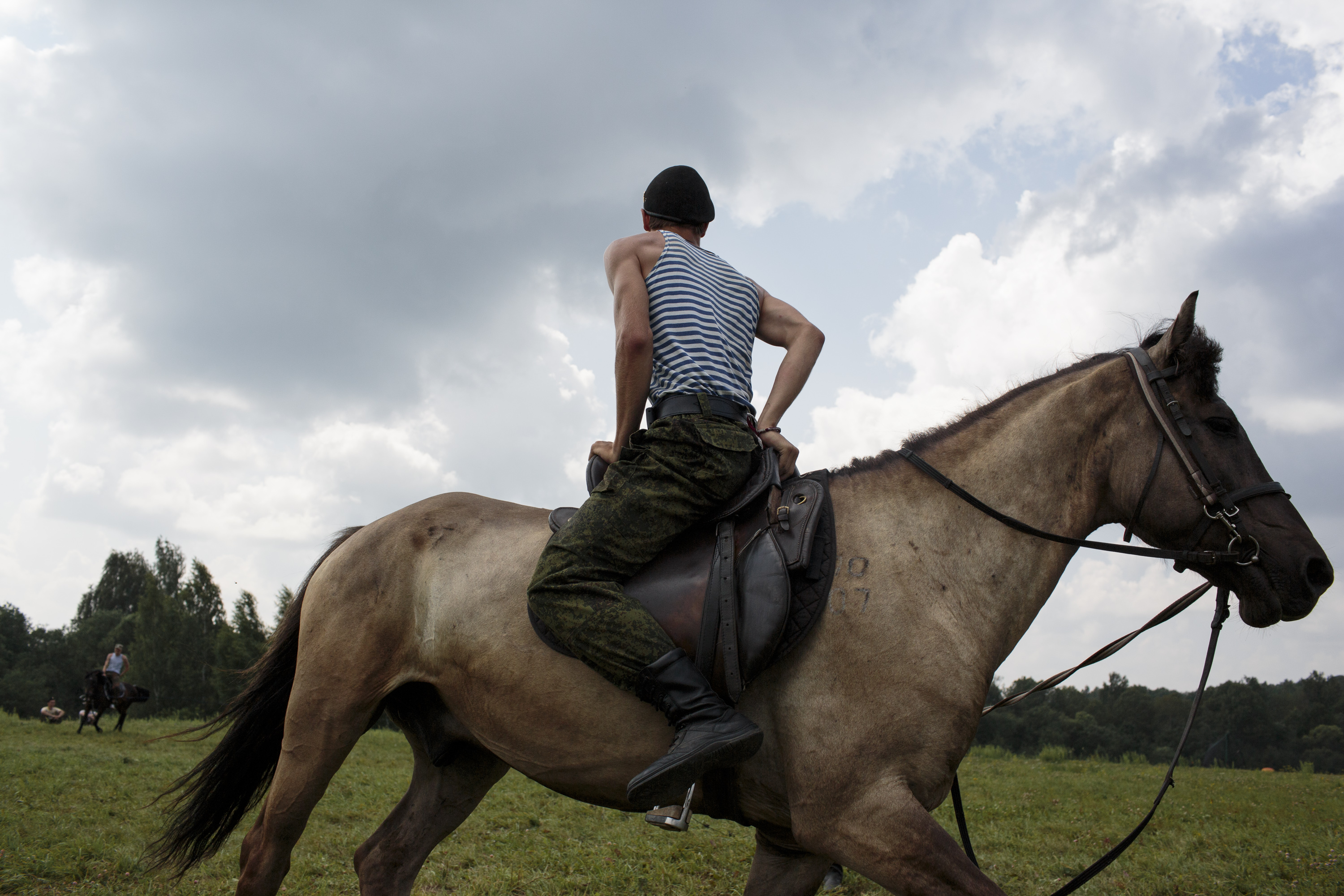
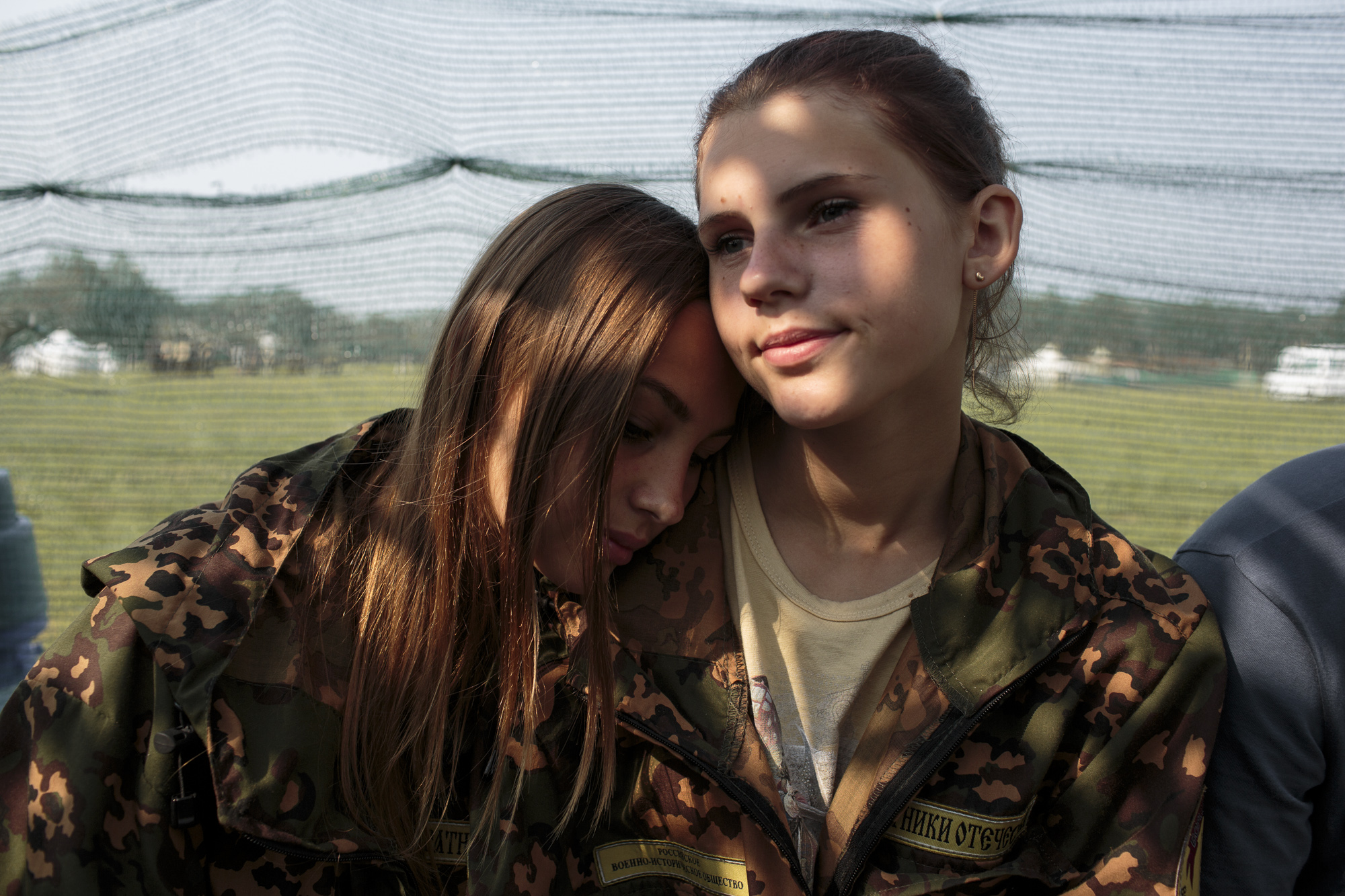
A free daily email with the biggest news stories of the day – and the best features from TheWeek.com
Lauren Hansen produces The Week’s podcasts and videos and edits the photo blog, Captured. She also manages the production of the magazine's iPad app. A graduate of Kenyon College and Northwestern University, she previously worked at the BBC and Frontline. She knows a thing or two about pretty pictures and cute puppies, both of which she tweets about @mylaurenhansen.
-
 ‘The West needs people’
‘The West needs people’Instant Opinion Opinion, comment and editorials of the day
-
 Filing statuses: What they are and how to choose one for your taxes
Filing statuses: What they are and how to choose one for your taxesThe Explainer Your status will determine how much you pay, plus the tax credits and deductions you can claim
-
 Nan Goldin: The Ballad of Sexual Dependency – an ‘engrossing’ exhibition
Nan Goldin: The Ballad of Sexual Dependency – an ‘engrossing’ exhibitionThe Week Recommends All 126 images from the American photographer’s ‘influential’ photobook have come to the UK for the first time
